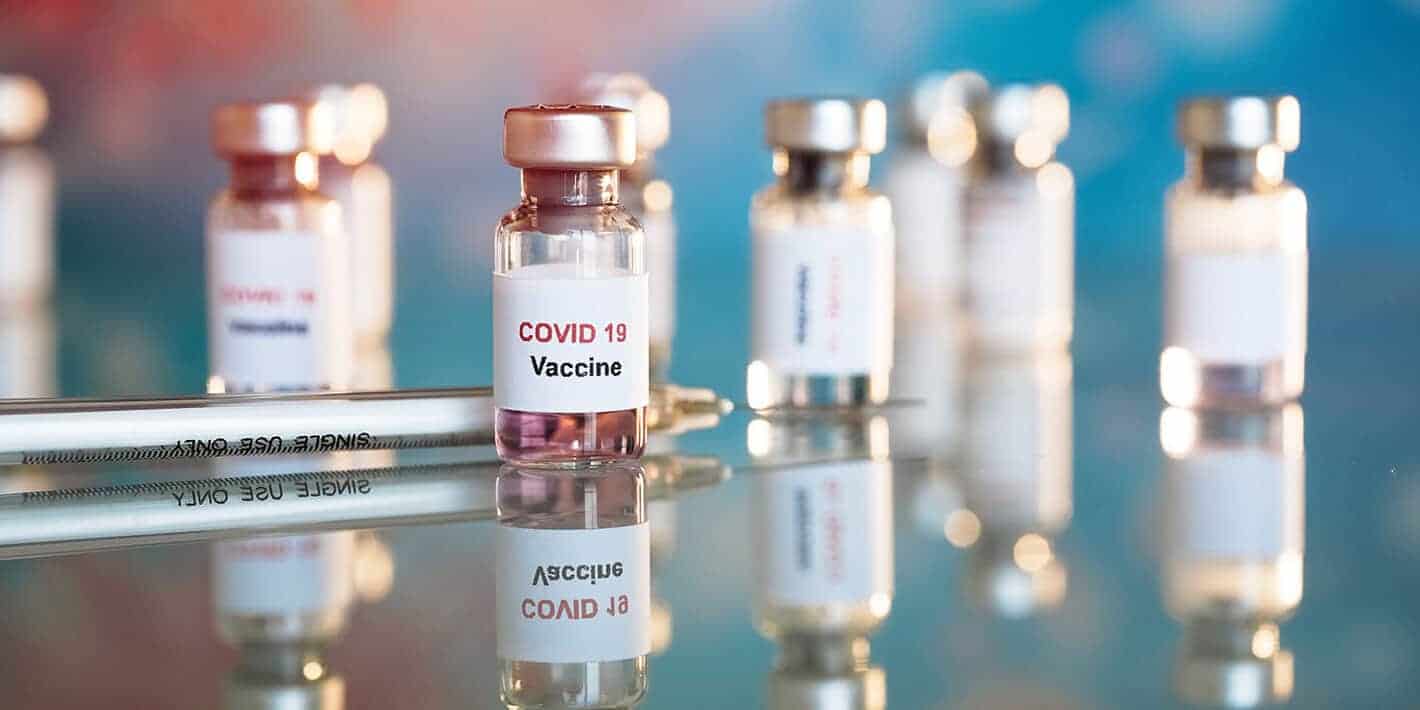President Carlos Alvarado has called upon Costa Rican health authorities to speed up coronavirus vaccine administrations, according to a report.
“I have asked the [Social Security] Fund and the Health Ministry to analyze the ways to further accelerate the immunization process and protect more people,” President Alvarado said, according to AmeliaRueda.com.
At the same time, President Alvarado indicated that administrations will increase as the country receives larger shipments of vaccines.
“I have seen communications that say something like, ‘at the current rate it would take us so long [to reach herd immunity],’ ” he said. “We have to understand that the pace is not static; the rate of vaccination accelerates as we receive more vaccines.”
Costa Rica has received 676,455 doses of the Pfizer/BioNTech coronavirus vaccine. As of Monday, the country had administered 312,425 doses.
Last December, Costa Rica became one of the region’s first countries to begin a coronavirus vaccination campaign.
But as of Monday, Costa Rica has administered 6.2 jabs per 100 people. This places the country behind the United States, Canada, Panama, Chile, Brazil, Uruguay and Argentina on the American continent, according to The New York Times vaccination tracker.
The relatively slow pace of vaccinations comes as Costa Rica registers slight upticks in new identified cases of Covid-19. The University of Costa Rica now estimates the R value of the country’s epidemic above 1.0, indicating an individual with the coronavirus would, on average, infect more than one person.
Full coronavirus case data are below.
The National Commission of Vaccination and Epidemiology, part of the Health Ministry, has indicated the priority for vaccination is as follows:
- First group: Staff and residents at retirement or nursing homes.First responders, including health personnel.
- Second group: Costa Rica’s older population, defined here as those ages 58 and up. It is required to demonstrate residency with a cédula or DIMEX.
- Third group: People from 18-58 with risk factors, including hypertension, diabetes, heart disease, respiratory illness, kidney disease and obesity, among others.
- Fourth group: Teachers and other staff within the Education Ministry (MEP) or private schools. Imprisoned people and judicial staff. Workers for the 911 service.
- Fifth group: Health science students and related technicians in clinical fields. People ages 40-57 without any of the aforementioned risk factors but whose work puts them in contact with others. This includes laborers in agriculture, construction, service industries, etc. Finally, all remaining adults.
The Caja will contact individuals to schedule their coronavirus vaccine. Those who fall into priority groups should call their local EBAIS (public community health clinic) and ensure their contact information is current.






